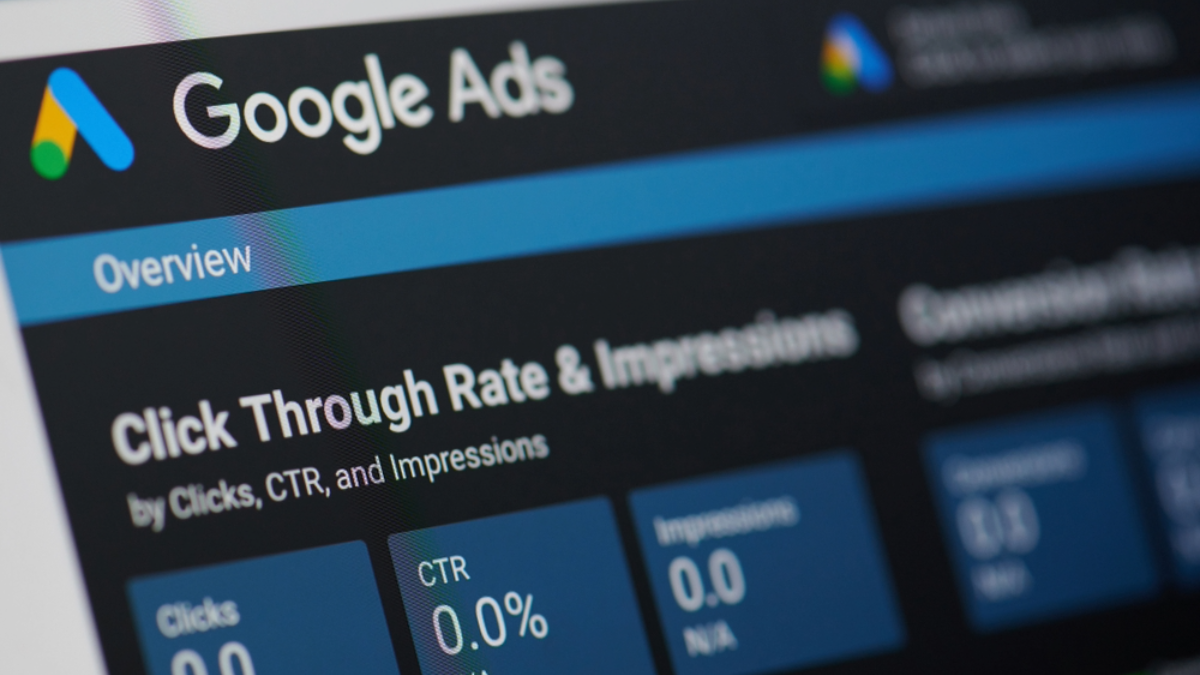Breaking Down the EU Antitrust Decision on Google Adtech
Megan Kirkwood / Sep 5, 2025Megan Kirkwood is a fellow at Tech Policy Press.
The European Commission has handed Google a €2.95 billion fine for abuse of dominance of its advertising technology. This fine stems from an antitrust case launched in 2021, which investigated whether Google violated the bloc's competition law by favoring its own online display advertising technology services, to the detriment of ad tech competitors, advertisers, and online publishers. The investigation initially examined whether Google distorts competition by restricting access to user data while reserving such data for its own use, therefore giving it preferential access.
This case investigated Google’s dominance in open display advertising across the web as opposed to its search and search advertising. This involves the publisher ad servers for selling ad space on websites, where Google’s DoubleClick holds a 90% market share; the ad networks where advertisers buy impressions, and where Google Ads and Display and Video 360 hold 40-80% market share; and the exchanges that operate ad auctions to place ads on sites, where Google’s AdX holds 50% market share. In other words, Google “simultaneously operates the leading exchange and the leading middlemen (i.e., intermediaries) that publishers and advertisers must use to trade.”
In June 2023, the Commission sent a statement of objections to Google, warning that the company was abusing its dominance by “favoring its own ad exchange (AdX) in the ad selection auction run by its dominant publisher ad server (DoubleClick) by, for example, informing AdX in advance of the value of the best bid from competitors which it had to beat to win the auction.” The Commission also found that Google favored “AdX in the way its ad buying tools, Google Ads and DV360, place bids on ad exchanges. For example, Google Ads was avoiding competing ad exchanges and mainly placing bids on AdX, thus making it the most attractive ad exchange.” Put simply, “Google’s open web ads service mainly places bids on AdX, thereby reinforcing its own market position” and is able to charge much higher prices.
The Commission had warned in its statement of objections that behavioral remedies would likely be ineffective in preventing the risk of Google's self-preferencing continuing, arguing “that the conflicts of interest for Google will probably require a mandatory divestment by Google of part of its services to address the Commission's competition concern.” They suggest that DoubleClick and AdX be separated from Google Ads and DV360 to reduce Google’s major conflict of interest.
However, in today's decision, the Commission decided not to go that far just yet. Instead, the Commission doled out a fine of almost €3 billion, which falls short of its record-breaking €4.125bn fine that the company received over forcing original equipment manufacturers to implement Google’s Android operating system to preinstall Google Search and Google Chrome to access the Google Play Store. However, in addition to the fine, the Commission ordered the company to stop self-preferencing its own ad exchange and issued the company a 60-day deadline to come up with a solution to its conflict of interest. Executive Vice-President Teresa Ribera, who is in charge of competition, brought up the possibility of structural remedies, stating that “it appears that the only way for Google to end its conflict of interest effectively is with a structural remedy, such as selling some part of its Adtech business.”
Ribera also alluded to current geopolitical tensions around enforcing digital laws. Her statement made clear that the decision is in alignment with the US, where a federal lawsuit is awaiting remedies after finding that Google has illegally monopolized the adtech market. In that case, the Justice Department is seeking divestiture. However, the US administration has threatened tariffs on any country seeking to impose rules, taxes, or fines against American companies. It was earlier reported that the now-announced fine was delayed due to concerns about retaliation in the form of tariffs.
But Ribera stood firm in her statement, pointing out that both legal investigations were aiming to achieve the same effect, and standing firm on the EU’s right to enforce its own laws:
“There is therefore room to ensure that Google puts in place an effective remedy on both sides of the Atlantic to address its inherent conflicts of interest in this business. It is in everyone's interest to achieve a joint outcome, including for Google itself, and for citizens worldwide.
Now, as before, we must act in accordance with the rule of law, a core European and democratic value, protecting rights of defence, guaranteeing predictability and transparency in the application of our rules.
We will continue to apply our rules firmly and fairly, without fear or favour, in relation to all companies operating in Europe. Our founding Treaties, our laws and our core values are not up for debate.”
Google responded to the ruling by asserting that the fine is "unjustified” and “requires changes that will hurt thousands of European businesses by making it harder for them to make money." In the company’s view, there are alternatives to its ad exchange. Meanwhile, digital rights and anti-monopoly campaigners have expressed support for structural changes as the only realistic way to prevent the ongoing conflict of interest. Member of the European Parliament Alexandra Geese wrote in support of the ruling, suggesting that it “is only the first crack in Google’s monopoly in the ad tech market — but it sends a signal far beyond Europe.”
While the US Justice Department may be aiming for a structural breakup in the adtech case, only earlier this week, in a case regarding Google’s search monopoly, a federal court announced remedies that fell short of requiring meaningful change. In that case, despite proposals including forced divestiture of its Chrome browser, Google is largely only being forced to license its search index data, falling short of expectations. Alex Moore from Open Web Advocacy, which did not advocate for divestiture of Chrome but campaigned for other remedies, said in a statement that the final “remedies imposed are unlikely to have any significant impact on Google’s monopoly power.” This outcome, disappointing to many, hangs over the incoming decision on the adtech case, and it remains to be seen if the EU and US will find common ground or drift even further apart.
Authors

